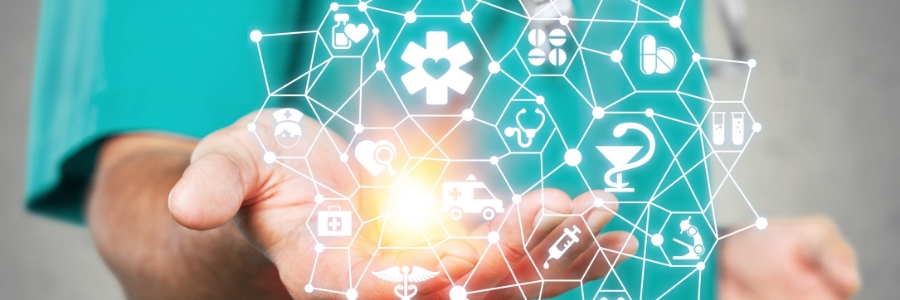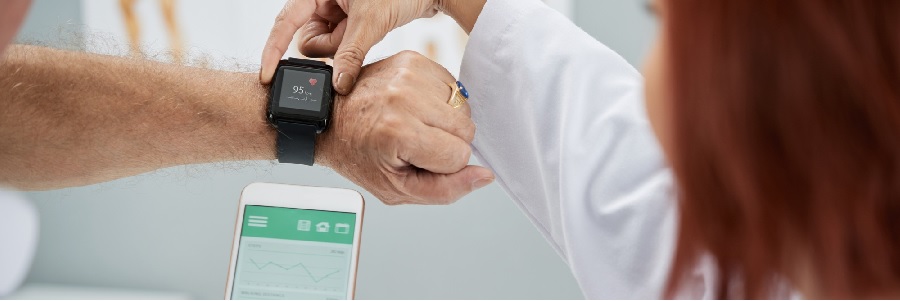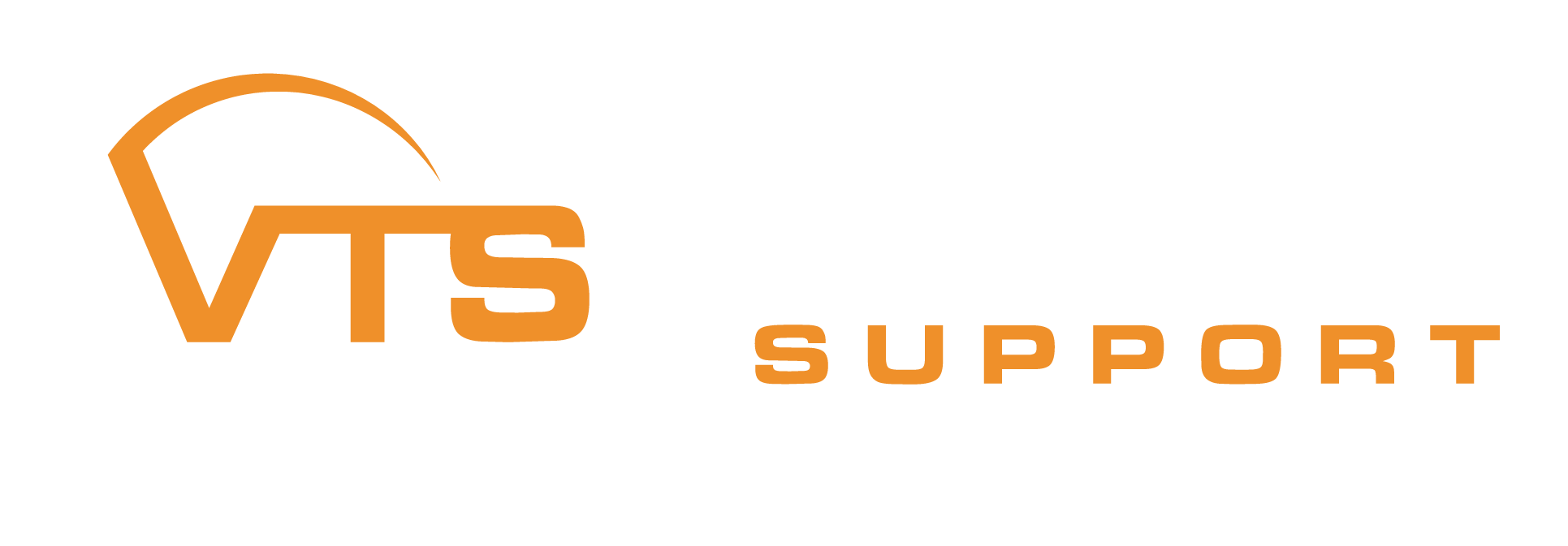Many businesses have adopted a remote work setup since the COVID-19 pandemic began. But despite its benefits, working from home can result in employees’ reduced physical activity. A sedentary lifestyle can lead to chronic diseases such as diabetes, hypertension, and cancer.
Can blockchain technology revolutionize healthcare?

Perhaps you've heard about blockchain, a cutting-edge technology that experts believe has the potential to revolutionize the healthcare industry. But what exactly is blockchain, and what are its benefits? In this blog post, we'll explain what blockchain is, how it works, and we'll discuss the benefits it could bring to healthcare organizations.
The top 5 benefits of cloud computing to healthcare organizations
How telemedicine is transforming healthcare

Since the start of the COVID-19 pandemic, more healthcare providers have adopted telemedicine services to provide care to patients who are unable to visit a healthcare facility because of travel restrictions. And with more people working from home, telemedicine has become a convenient way for patients to connect with their healthcare providers.
How online scheduling solutions can help your healthcare business
What to consider when picking a health app or wearable tech

Wearable tech and mobile apps are great examples of innovations that significantly improve patient care. As a healthcare provider, you’ve likely had patients ask you about which healthcare apps and wearable technology they should be using. Here are the things you need to consider when making a recommendation.
Here’s how hospitals can benefit from managed IT services
Getting the right EMR system for your practice
PHI best practices that all business leaders should know

Protected health information (PHI) is a common target of cybercriminals, as the personal, medical, and financial information that comprise it can be abused for financial gain. This is why businesses that handle PHI should take every step possible to ensure that their clients’ data is always protected.






